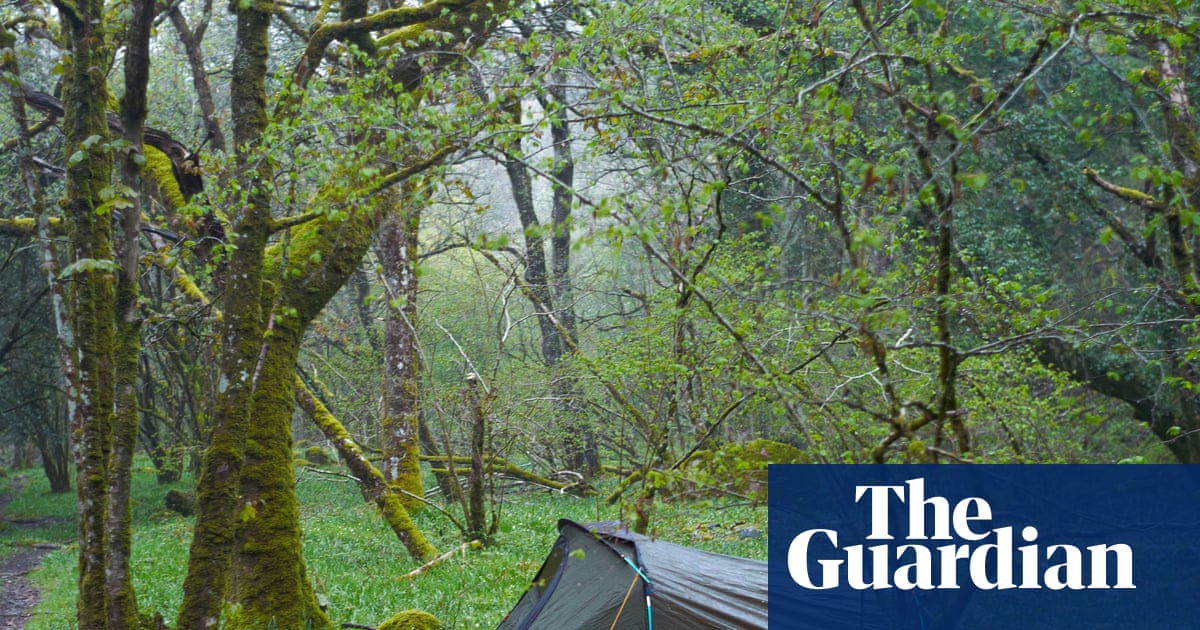The article highlights the recent Supreme Court ruling that affirms the right to wild camp responsibly on Dartmoor, emphasizing its benefits for mental health and access to nature. The letter from Ruth Marvel, CEO of the Duke of Edinburgh’s Award, suggests that this ruling is not just a legal victory but also a vital support for youth and those facing cost-of-living challenges.
Intent Behind the Publication
The primary aim appears to be advocating for outdoor access as a means of improving wellbeing and mental health. By framing wild camping as a unique experience that fosters independence and adventure, the article seeks to resonate with individuals who value nature and outdoor activities. This serves to mobilize support for the continued preservation of such rights, especially among young people and those affected by economic hardships.
Public Sentiment
The article fosters a positive perception of wild camping and nature exploration, positioning it as an essential part of life for many. This suggests a community-oriented approach, aiming to unite readers around the benefits of outdoor activities and the importance of protecting such rights.
Potential Omissions
There may be aspects that are not fully addressed, such as the implications of increasing wild camping on local ecosystems or the perspectives of landowners. The focus is primarily on the benefits, which could lead to an incomplete understanding of the broader context.
Manipulative Elements
While the article is primarily informative, it could be interpreted as somewhat manipulative through its emotive language. By emphasizing wellbeing and adventure, it could downplay the practical challenges or environmental concerns associated with wild camping. This could lead readers to overlook potential negative consequences.
Credibility Assessment
The information presented appears reliable, given its basis in a Supreme Court ruling and the reputation of the author, who represents a well-known organization. However, the framing of the benefits could suggest a bias towards promoting wild camping without addressing counterarguments.
Societal Impact
The ruling and this article may inspire increased participation in outdoor activities, potentially benefiting mental health and community engagement. Economically, this could lead to more tourism in rural areas, but it might also strain local resources if not managed properly.
Target Audience
The letter is likely to resonate with outdoor enthusiasts, young people, and individuals concerned about mental health and wellbeing. It appears designed to appeal to a community that values nature and seeks ways to engage with it.
Market Influence
While this article might not directly influence stock markets, it could affect businesses related to outdoor activities, camping gear, and tourism in areas like Dartmoor. Companies in these sectors may see increased interest or investment based on heightened awareness of outdoor exploration.
Geopolitical Context
The article doesn’t directly engage with global power dynamics, but it reflects a growing recognition of mental health and wellbeing as significant public concerns, echoing broader societal trends towards valuing environmental and personal health.
Use of AI in Article Composition
There is no clear evidence that AI was used in the article's writing, although the structured presentation of ideas could suggest the influence of AI-assisted drafting tools. The persuasive nature might reflect common patterns found in AI-generated text aimed at promoting specific viewpoints.
In summary, while the article effectively advocates for the benefits of wild camping and outdoor access, it could benefit from a more balanced exploration of the potential challenges associated with such activities. The overall tone is supportive, aiming to unify readers around a common cause, while the credibility of the content remains strong due to its basis in legal precedent and expert commentary.
